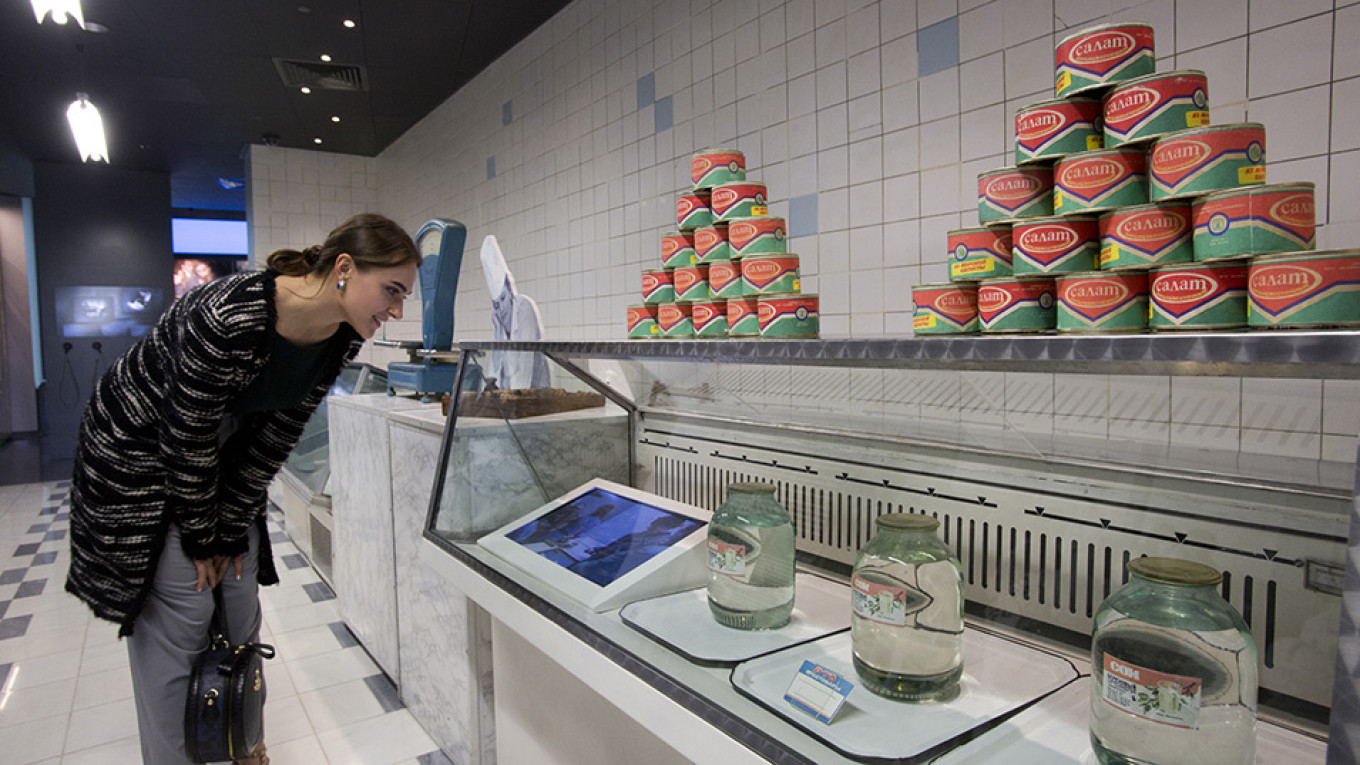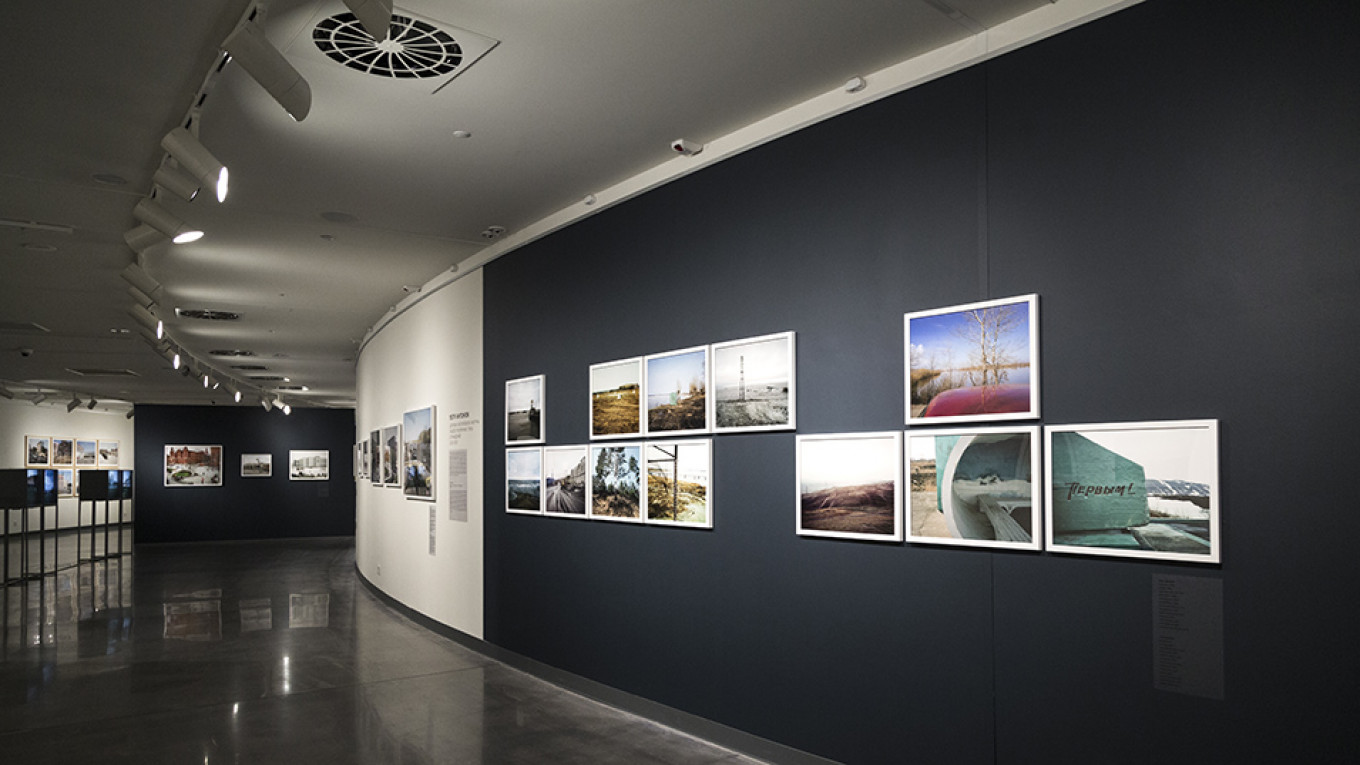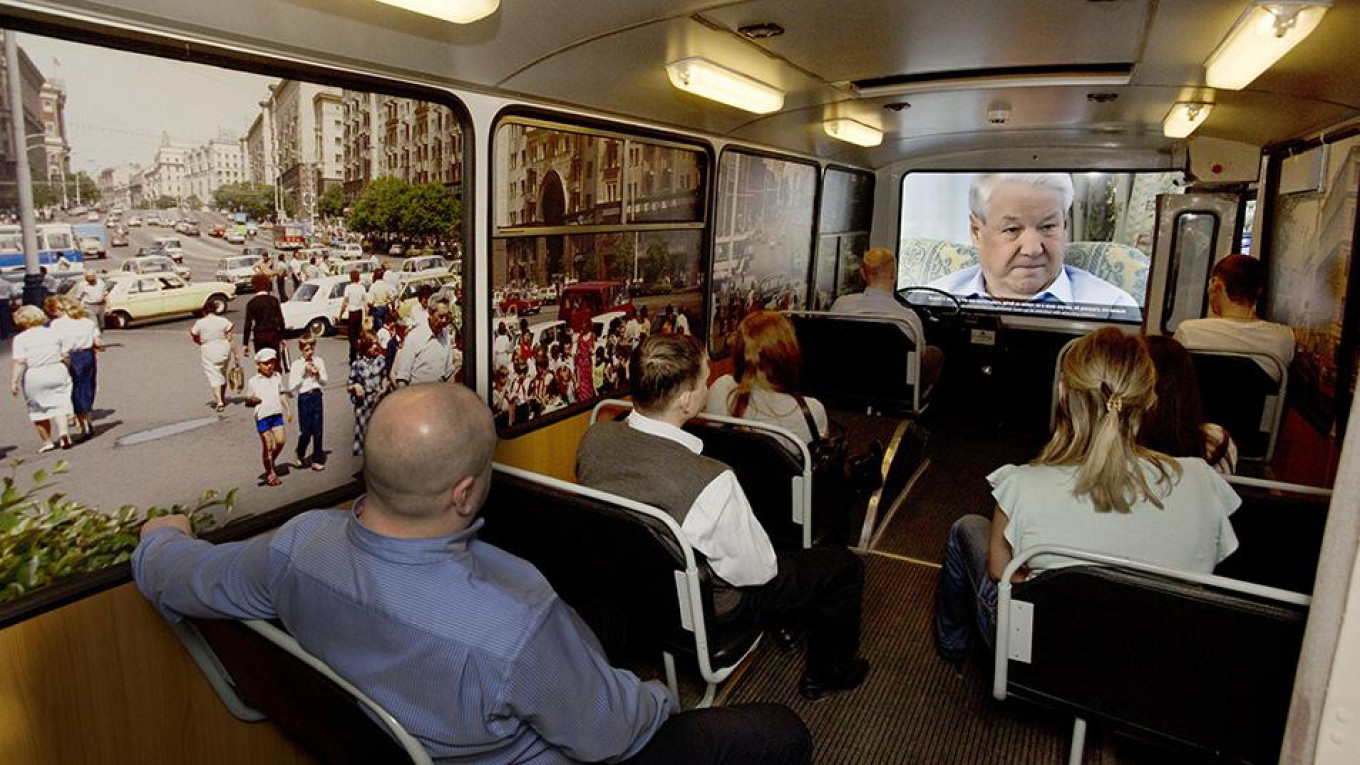The Yeltsin Center in Yekaterinburg first opened its doors with much fanfare in November 2015. Billed as the only museum to celebrate democracy and the freedom of the 1990s, it was funded by the Boris Yeltsin Presidential Center, a non-profit devoted to “promoting the development of the institute of presidency in Russia.”
Why Yekaterinburg? In 1976, when the city was still called Sverdlovsk after the prominent Bolshevik Yakov Sverdlov, Boris Yeltsin became the first secretary of the Sverdlovsk Region Committee of the Communist Party. This corresponded to the position of a governor. Yeltsin stayed in this position until 1985, when he went on to serve on Moscow’s Communist Party Committee and was eventually elected the first President of Russia.
Not Just For History Buffs
The Yeltsin Center quickly became one of the most popular sites in the city. Two and a half years after the opening, the huge building is crowded with people and dozens of visitors stroll through the hallways of the museum.
The Center is right in the middle of the Yekaterinburg City — a development on the shores of the City Pond that was begun in the 1980s when Boris Yeltsin ran the city. He ordered construction of the first skyscraper, jokingly called “the party shaft” by the locals. The main investor in Yekaterinburg City is UGMK (Ural Mining and Metallurgical Company), which has funded the construction of three buildings ranging in height from 21 to 52 floors.
The complex is adjacent to the Demidov skyscraper, and cost seven billion rubles, almost four of which were provided by the federal government. It was designed by Ralph Appelbaum Associates, one of the largest and oldest architectural firms in the U.S. that specializes in museum design.
The Yeltsin Center is much more than a history museum. It's a huge complex with a contemporary Art Gallery, an independent bookstore that also dubs as an educational center, and several shops.

An Alternate History
The permanent display at the museum definitely provokes controversy. The museum is devoted to the events of the 20th century as they related to Boris Yeltsin’s family and the events of the 1990s, when he was the president of Russia. Divided into seven days, the exhibition shows how the fate of one man, Boris Yeltsin, turns into a heroic epic about the search for freedom.
Reconstructed reality from the late 1980s and early 1990s, like the neon-lit empty store shelves filled with huge jars of birch juice, is easily recognizable but instructive for the younger generation who didn’t live through this. Among other highlights is a replica of Boris Yeltsin’s apartment in Moscow on the day of August 19, 1991 coup d’etat with the television playing “Swan Lake” on a loop, just like it did that morning. Another exhibit displays the life-size trolley bus that Yelstin took when he was in the Moscow city hall to learn about the grievances of fellow Muscovites.
Given the large numbers of visitors, the Center seems to provide a version of history that is in demand. As one visitor told The Moscow Times, “Of course, the allusion to the seven days of creation around which the narrative is built raises questions, as well as the fact that Russian history and the search for freedom just stops [with Yeltsin’s resignation]. But the journey through the halls is quite exciting, especially where the exhibited items concern the events of modern history.”
And it’s not just the history section of the museum that is appealing. “It’s just as important that the center also functions as a cultural and public space, there are art exhibitions, lectures, performances,” the visitor said.

Art and Urban Development
One of these exhibitions is the current show devoted to contemporary photography entitled "New Landscape." It showcases the works of seven artists, who each have a unique view of the transformation of the post-Soviet landscape. The works reflect the radical changes in the landscape and culture, unprecedented in intensity and scale.
Curated by two artists Peter Antonov and Anastasia Tsayder, whose works are also part of the exhibition, "New Landscape" tracks the changes in the anthropogenic landscape from industrial to post-industrial. The works also reflect other transformations: from a planned to a market economy and from the Soviet Union to the Russian Federation.
The growth of residential areas beyond the city limits, the construction of typical shopping and business centers, the formation of a new urban landscape — all these phenomena that are part of the new, post-Soviet landscape.
Yeltsin Center. 3 Ulitsa Borisa Yeltsina. +7 (343) 312-43-43. yeltsin.ru
A Message from The Moscow Times:
Dear readers,
We are facing unprecedented challenges. Russia's Prosecutor General's Office has designated The Moscow Times as an "undesirable" organization, criminalizing our work and putting our staff at risk of prosecution. This follows our earlier unjust labeling as a "foreign agent."
These actions are direct attempts to silence independent journalism in Russia. The authorities claim our work "discredits the decisions of the Russian leadership." We see things differently: we strive to provide accurate, unbiased reporting on Russia.
We, the journalists of The Moscow Times, refuse to be silenced. But to continue our work, we need your help.
Your support, no matter how small, makes a world of difference. If you can, please support us monthly starting from just $2. It's quick to set up, and every contribution makes a significant impact.
By supporting The Moscow Times, you're defending open, independent journalism in the face of repression. Thank you for standing with us.
Remind me later.






